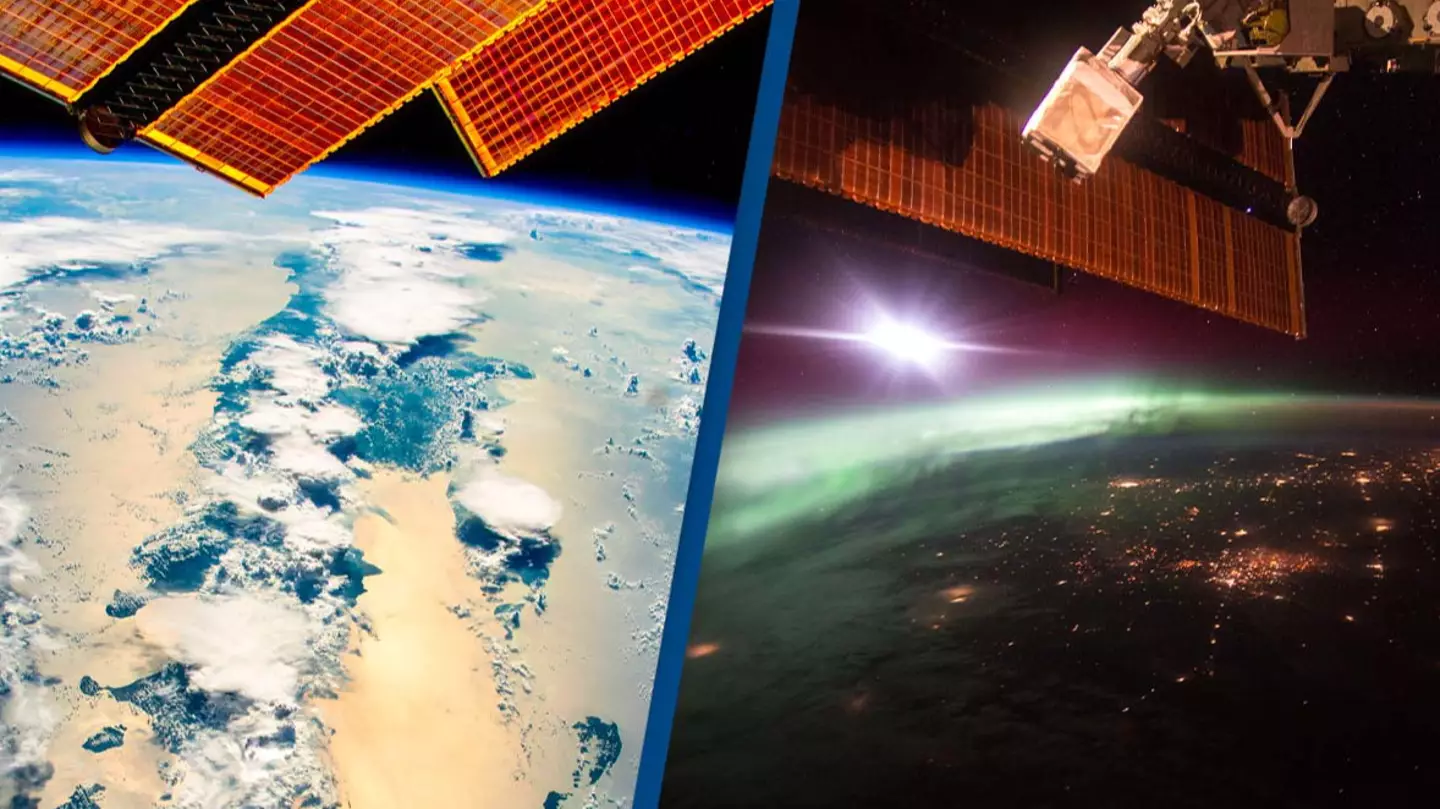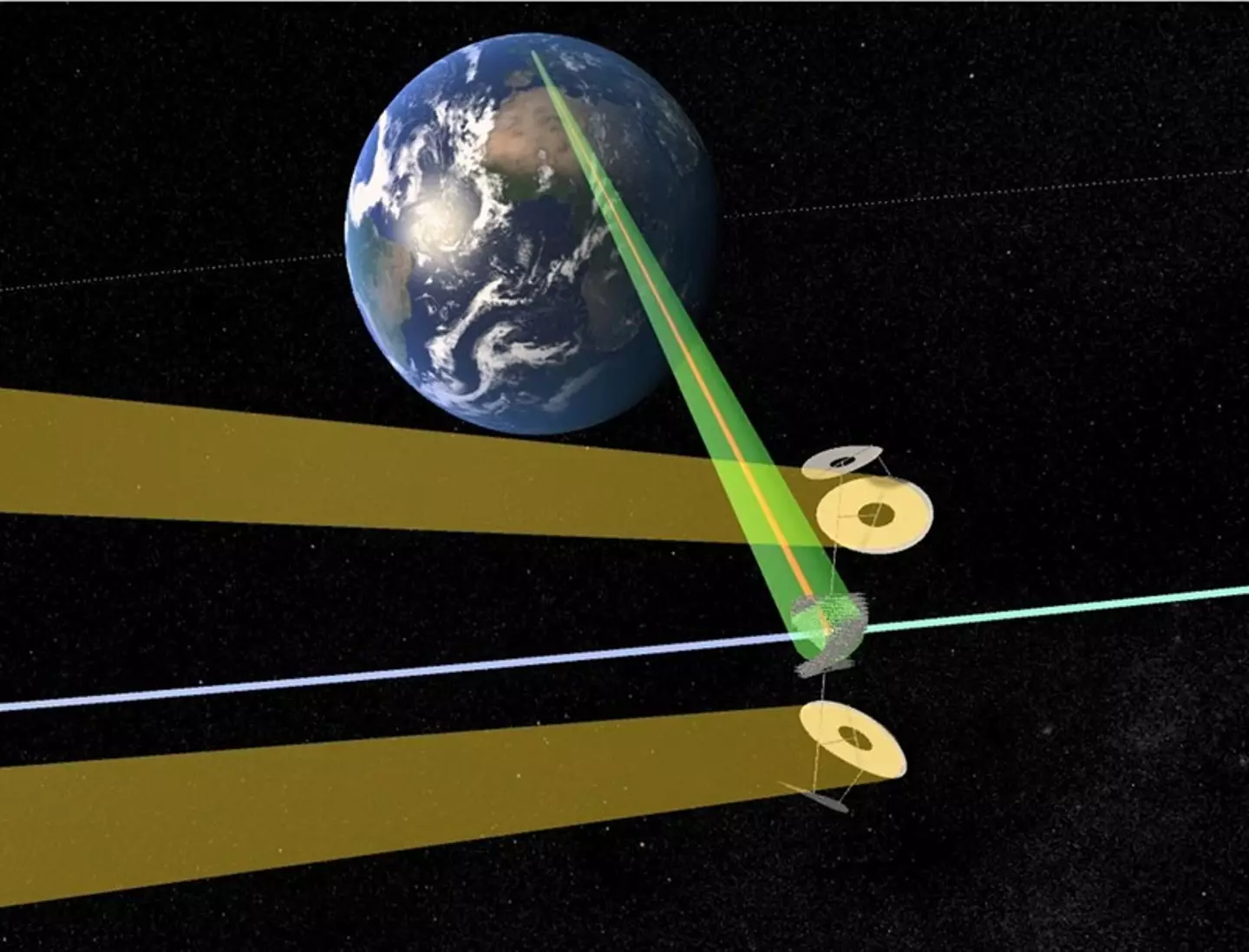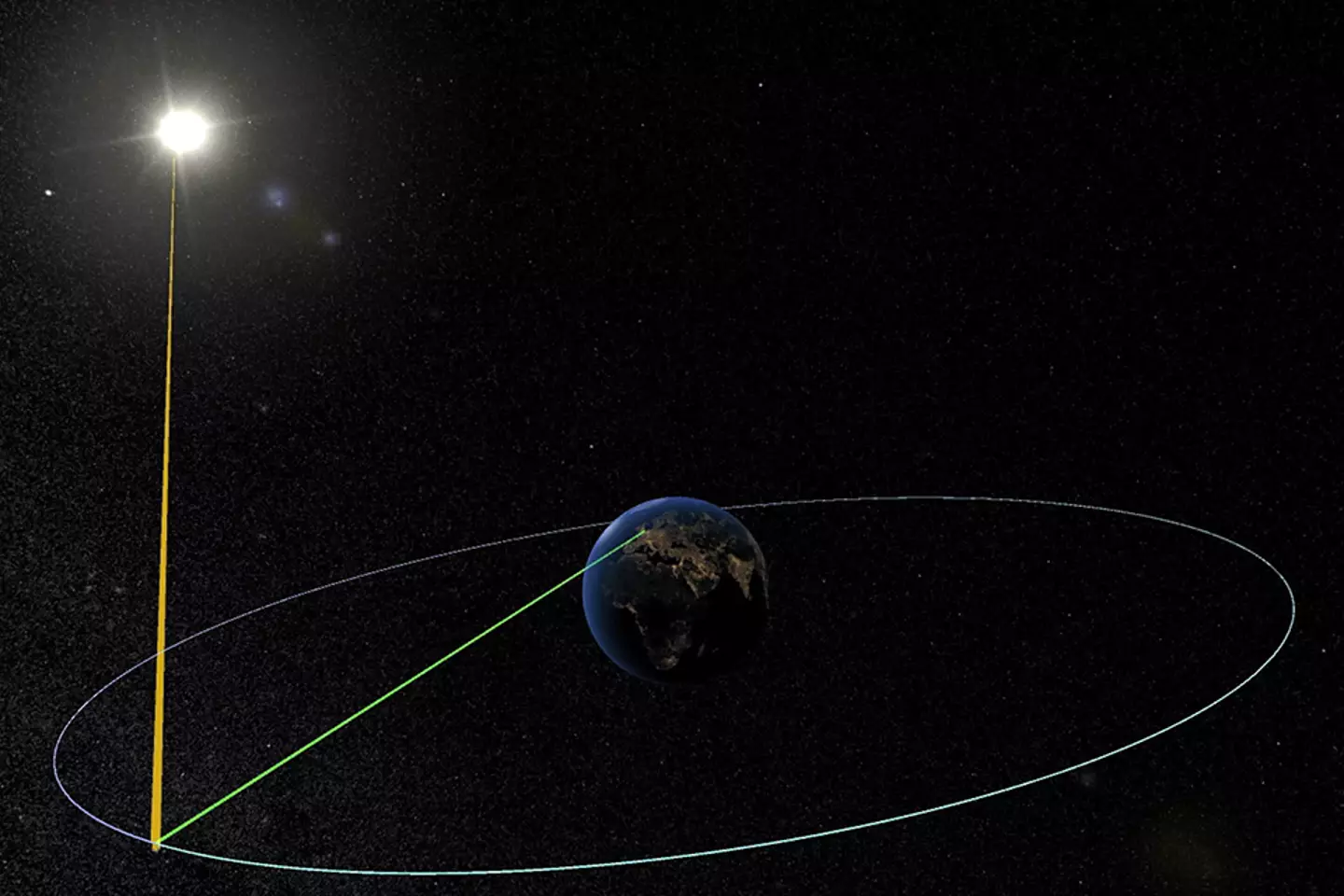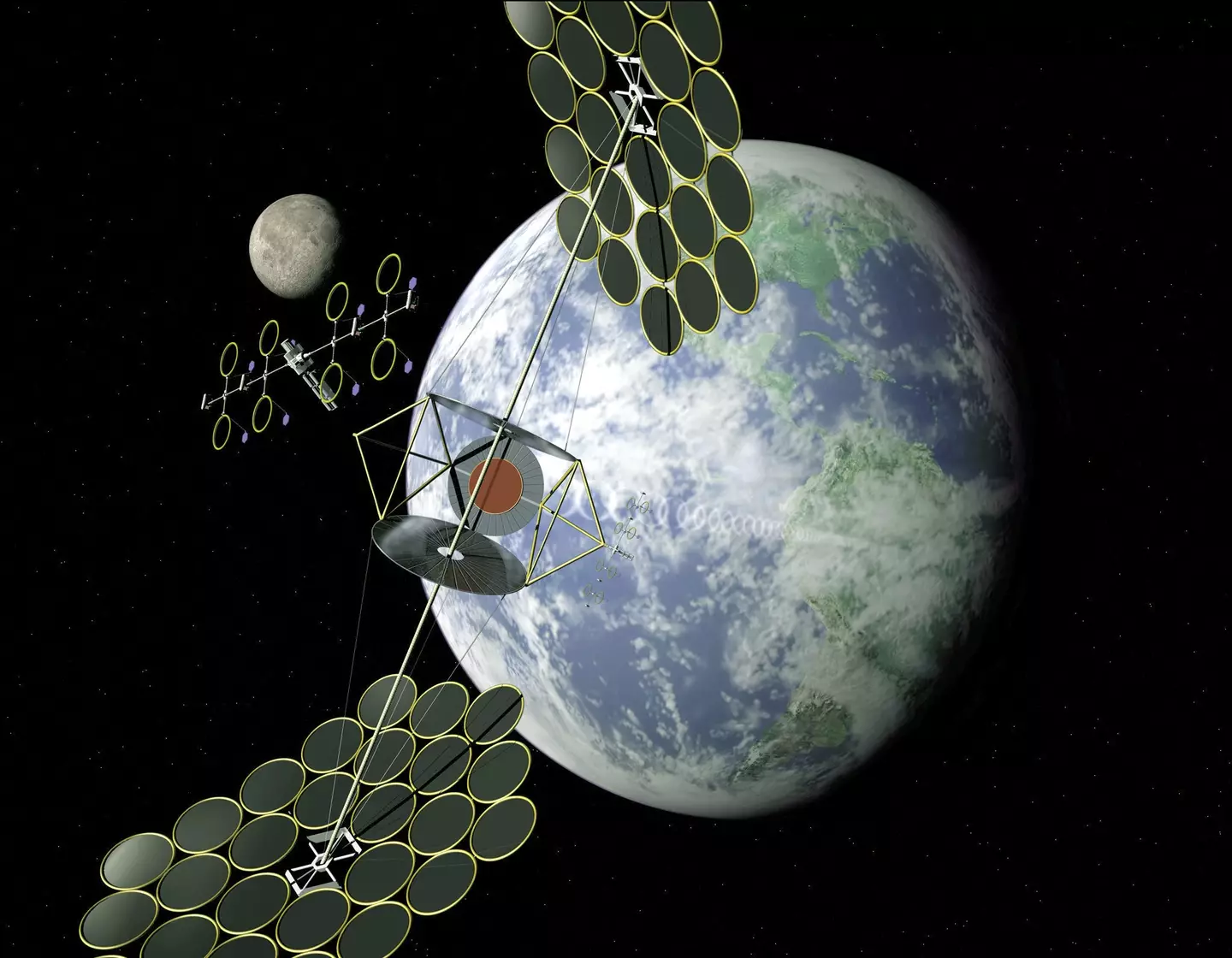
China has announced plans to bring forward the development of a ‘solar power plant’ capable of beaming energy to Earth from outer space.
The ambitious project, developed by researchers at Xidian University in the Shaanxi province, involves building a power station attached to a satellite which can capture sunlight high above the ground and convert it into microwave beams.
The beams are then transmitted to a wireless receiver back on Earth where they can be converted into a clean, renewable source of electricity.

Advert
The first stage of the project has been given the greenlight after a team of scientists performed a series of successful tests in front of a panel of outside experts, and a trial run has been confirmed to take place in 2028- two years ahead of schedule.
If successful, the project would effectively eliminate solar power’s biggest drawback - its inability to be used in the dark - by putting the panels in orbit where they can evade Earth’s shadow.
The initiative would also mark a major victory for Beijing’s space program over NASA, who first proposed a similar project nearly two decades ago but failed to get it developed.
The UK government also commissioned independent research to support putting a £16 billion British version into orbit by 2035, and several other countries - including France, India, Russia and Japan have also conducted similar research, with the latter said to be particularly close to their Chinese counterparts.
Advert

But while other countries have succeeded in testing individual components of such a system, the Chinese researchers are the first ones to successfully test a full-system model, according to Xidian.
According to the UK-funded research on the subject, satellites in geosynchronous orbit receive sunlight for more than 99 percent of the time - and at a much greater intensity than solar panels on Earth.
Unlike terrestrial renewable energy sources, orbiting solar power plants would be able to deliver energy during day and night on Earth, at any time of year and regardless of the weather.
Advert
Yet according to Chinese researcher Professor Dong Shiwei, there are still significant engineering challenges to be overcome before the project is truly viable.

One such problem is that directing high-powered microwaves over significant distances would require an enormous antenna - potentially thousands of metres long - while solar winds, gravity, and satellite movement could interfere with the energy transmission.
Yet despite this, current projections predict that a fully functioning space station could be operational as soon as 2050, with a smaller 10 megawatt station potentially becoming available to 'certain military and civilian users' as early as 2035.
Advert
By 2050, technology would have sufficiently advanced enough to allow for an output of about two gigawatts, equivalent to the output of most of the UK's terrestrial power plants.
This would mean the outposts would be commercially viable.
